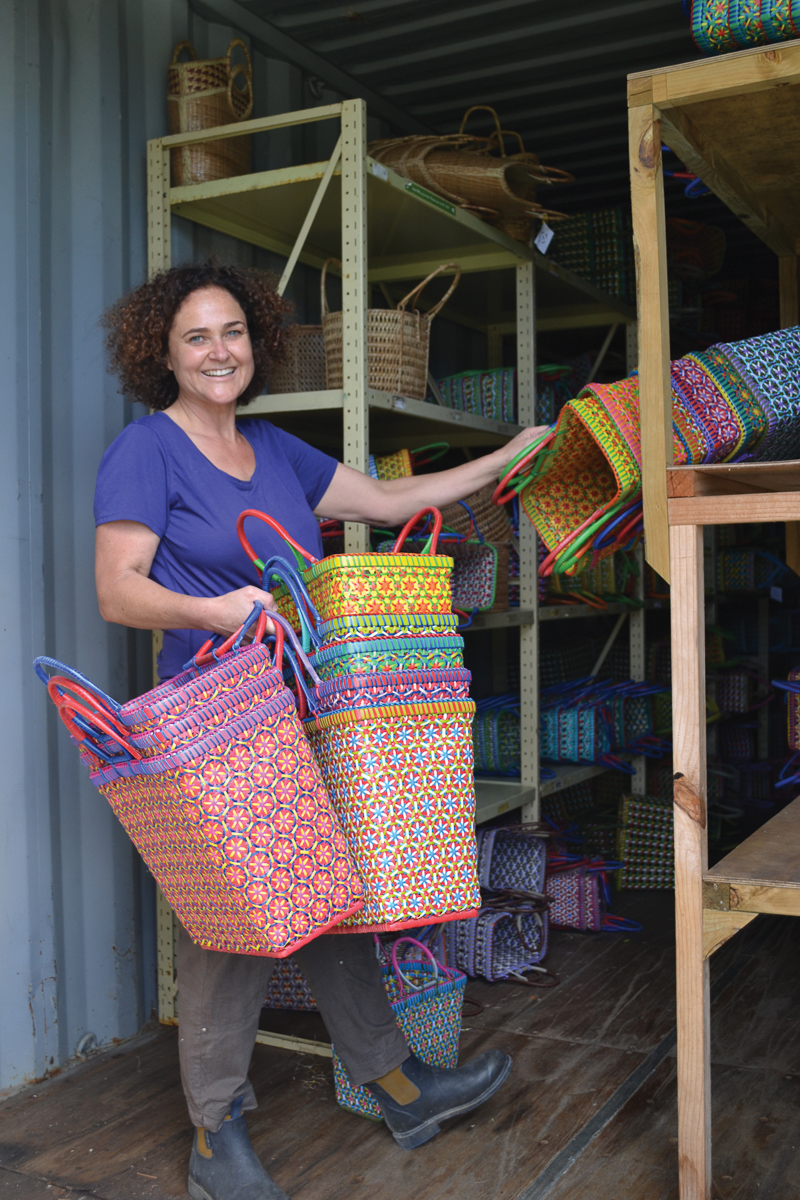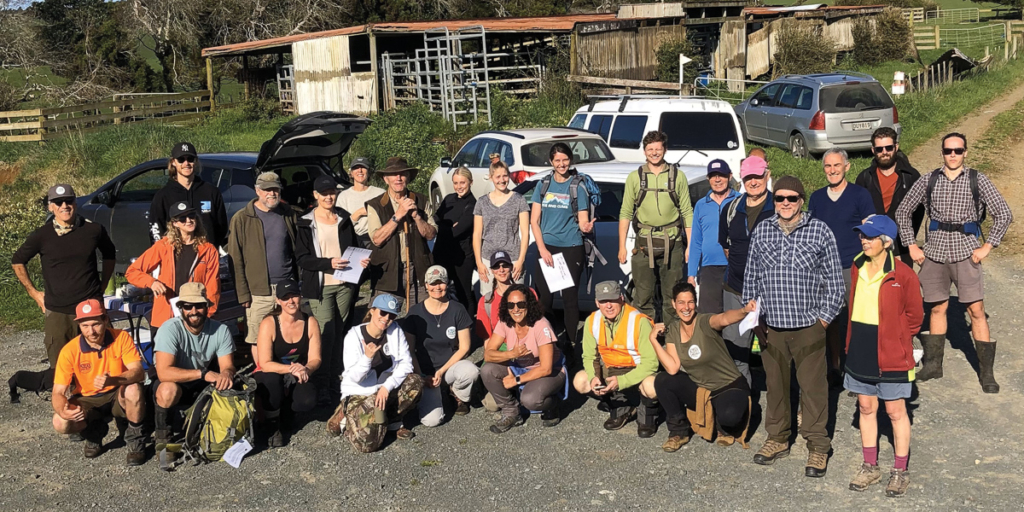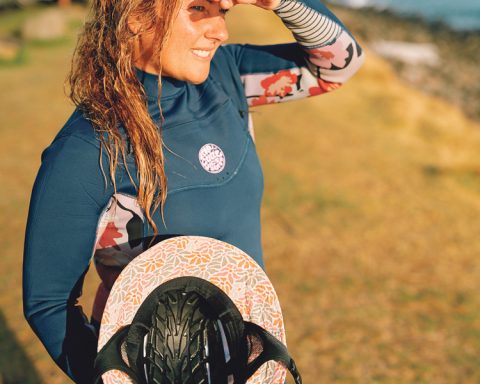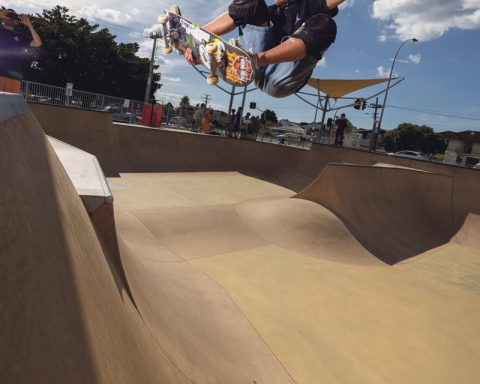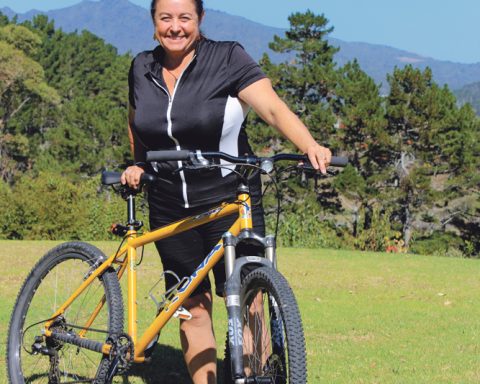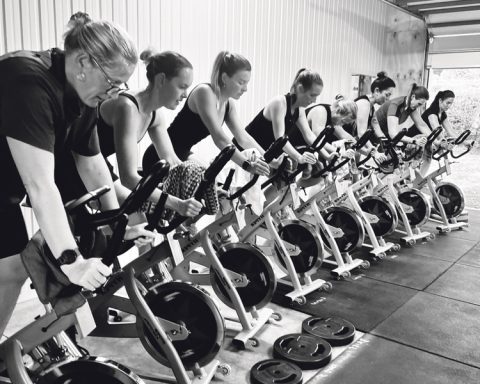News of an impending national ban on single-use plastic bags was all the impetus Te Mata woman Nicola Todd needed to launch her now booming business in multi-coloured Zay bags, which are flying off the shelves of stockists up and down the country.
Nicola, who was living in Myanmar at the time, read on a news website that New Zealand retailers were being given six months to stop providing lightweight, single-use plastic bags, and decided “I’m going to do it”.
She’d already fallen in love with the durable, hand-woven zay chin (market baskets) which village women made from shipping tape, using simple frames, while sitting on bamboo mats in their homes.
So she set about filling a shipping container over the next six months with 5000 bags to take back home and on-sell. The venture was such a success she now has a constant supply of bags from the weavers she found while scouting the villages on the back of a motor-scooter with someone who spoke a bit of English.
“And I can pay the women 50 percent more than they would otherwise get,” she told the Chronicle.
Nicola reckons her relationship with these artisans back in Myanmar – formerly Burma – is the best part of the business. “They’re incredibly strong, resilient women, leading big and colourful lives,” she says.
The now 47-year-old mother of two sons – Rion (11) and Flynn (9) – says she took the time when living there for three years with husband Kent to build friendship and trust among the skilled weavers of several villages.
She now sees her Zay bag business as a means of making their lot, in what is the poorest country of Southeast Asia, just a tiny bit better.
But Nicola insists she couldn’t have done it without the support of Raglan people and businesses that were instrumental in helping her – she hadn’t a shred of experience in retail – once the family returned to New Zealand and settled in Te Mata on a 100-acre block which had been part of the old Gibbison farm.
Local vintage shop Florals and Finds, she says, stocked Zay bags from the outset nearly five years ago, while both a local courier and the BP gas station go out of their way to deliver or hold packages when time is of the essence.
Raglan Tiny Homes, with which her fledgling business shares a large farm shed, are quick to build more shelving for storage whenever a new shipping container is panic-ordered online, laughs the budding entrepreneur. Another local business, Friends of Design, has come up with the Zay logos.
There are also the women who’ve become friends through helping with everything from administration and dispatch to marketing, styling and photographing – even modelling – for Zay’s social media shoots.
Women like local beekeeper-cum-marketing whiz Pauline Dogniez who finally pulls things together to create Zay’s social media content.
It hasn’t all been plain sailing. Just over a year into developing the business, says Nicola, disaster struck when Covid hit the country. Stock only started moving again once another local, Sophie Dowse, hooked Zay up to Shopify – a popular e-commerce website builder that small businesses use to sell products through their online stores or social media platforms.
Nicola says now however her “thing” is selling wholesale – from Northland to Southland – to stores like Raglan’s Florals and Finds. There’s also a store in Samoa, she adds. “It’s random!”
Taking Zay bags to the New Zealand Gift & Homeware Fair in Auckland – the country’s biggest trade show for retailers – is how Nicola herself sells. “I sold to over 50 boutiques and established my wholesale business this way (back in 2019),” she explains.
While the baskets are traditionally used in the markets of Myanmar for flowers, fresh fruit and vegetables, Nicola likes how they’ve morphed here into handy hold-alls for everything from pot-plants, tools and fishing tackle, to sports gear and wardrobe stackers.
These multifunctional bags are all about colour and fun, she says. “I love seeing them toted around town.”
